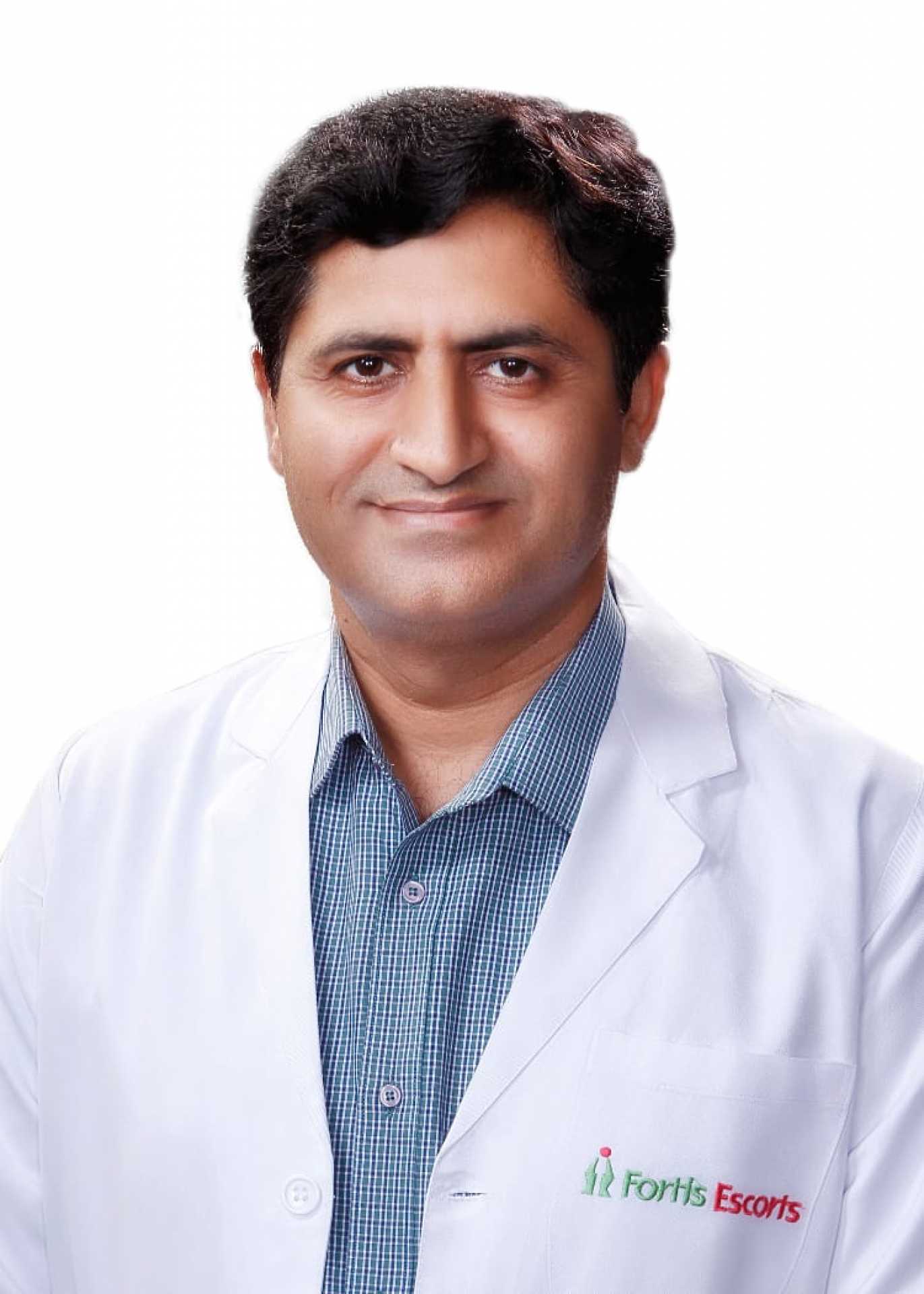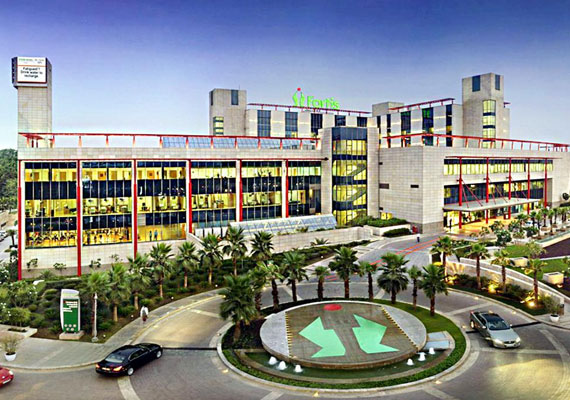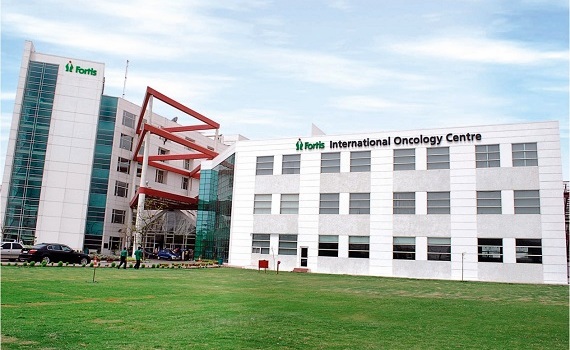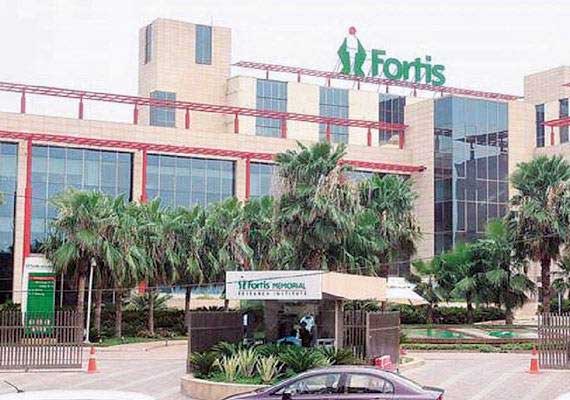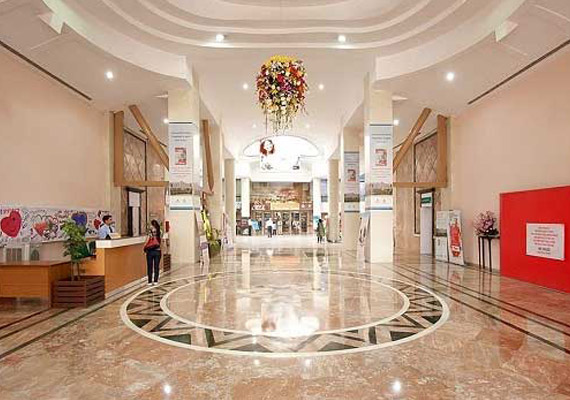Laryngectomy Treatment in India
treatment
starting from
Introduction:
Laryngectomy is a surgical procedure involving the complete or partial removal of the larynx (voice box) to treat advanced laryngeal cancer or other severe conditions affecting the larynx. The larynx plays a crucial role in speech production, breathing, and swallowing. When cancer or other diseases affect the larynx, it can significantly impact a person's quality of life. Laryngectomy, although a life-changing procedure, is often the most effective treatment for advanced laryngeal conditions. This comprehensive article explores laryngectomy, including its symptoms, causes, diagnosis, treatment, cost in India, and concludes with an assessment of its impact on patients' lives.
Symptoms of Laryngeal Conditions:
Laryngeal conditions, including laryngeal cancer, may present with various symptoms, which may vary depending on the specific condition and its stage. Some common symptoms of laryngeal conditions include:
1. Hoarseness or Voice Changes: Persistent hoarseness, vocal changes, or difficulty speaking may indicate a problem with the larynx.
2. Difficulty Swallowing (Dysphagia): Trouble swallowing or the sensation of food getting stuck in the throat can be a sign of laryngeal issues.
3. Persistent Sore Throat: A persistent or recurrent sore throat that does not respond to usual treatments may warrant further investigation.
4. Persistent Cough: A chronic cough that does not improve with conventional treatments may indicate a laryngeal problem.
5. Breathing Difficulties: Difficulty breathing or noisy breathing (stridor) can be a sign of an obstruction in the larynx.
6. Lump in the Neck: The presence of a lump or swelling in the neck could be an indication of enlarged lymph nodes due to laryngeal cancer.
Causes of Laryngeal Conditions:
Laryngeal cancer is often linked to long-term exposure to risk factors. Some common causes and risk factors include:
1. Tobacco Use: Smoking tobacco, including cigarettes, cigars, and pipes, is one of the leading causes of laryngeal cancer.
2. Excessive Alcohol Consumption: Regular and heavy alcohol consumption increases the risk of developing laryngeal cancer, especially when combined with smoking.
3. Human Papillomavirus (HPV) Infection: Certain strains of HPV have been associated with an increased risk of laryngeal cancer.
4. Exposure to Environmental Carcinogens: Long-term exposure to chemicals and pollutants, such as asbestos and wood dust, may increase the risk of laryngeal cancer.
5. Gastroesophageal Reflux Disease (GERD): Chronic acid reflux can irritate the larynx and increase the risk of developing laryngeal cancer.
Diagnosis of Laryngeal Conditions:
To diagnose laryngeal conditions, healthcare professionals typically follow a systematic approach:
1. Medical History and Physical Examination: The doctor will gather a detailed medical history, including risk factors, and conduct a physical examination, paying particular attention to the throat and neck.
2. Laryngoscopy: Laryngoscopy involves using a flexible or rigid scope to visualise the larynx directly. It allows the doctor to inspect the laryngeal tissues for any abnormalities.
3. Biopsy: If suspicious lesions or masses are detected during laryngoscopy, a biopsy may be performed to obtain a tissue sample for further analysis.
4. Imaging Studies: Imaging tests, such as CT scans and MRI, may be used to assess the extent of the laryngeal condition and identify potential spread to nearby structures.
Treatment Options - Laryngectomy:
Laryngectomy is considered when other treatments, such as radiation therapy or chemotherapy, have not been successful in managing advanced laryngeal cancer or severe non-cancerous conditions. There are several types of laryngectomy procedures:
1. Total Laryngectomy: In a total laryngectomy, the entire larynx is removed, including the vocal cords and surrounding tissues. The trachea is then brought out through an opening in the neck, known as a stoma, to create a new pathway for breathing.
2. Partial Laryngectomy: In certain cases where the cancer is limited to one part of the larynx, a partial laryngectomy may be performed to remove only the affected portion, preserving some vocal function.
3. Radical Neck Dissection: If the cancer has spread to nearby lymph nodes, a radical neck dissection may be performed to remove these lymph nodes and surrounding tissues.
Rehabilitation and Voice Restoration:
After a total laryngectomy, patients will lose their ability to speak using their vocal cords. However, various methods of communication and voice restoration are available, including:
1. Electrolarynx: An electrolarynx is a handheld device that generates sound, allowing patients to communicate by placing it against their neck or cheek.
2. Tracheoesophageal Puncture (TEP): TEP is a surgical procedure where a small valve is inserted between the trachea and the esophagus, enabling air to pass from the lungs to the oesophagus, allowing patients to speak more naturally.
3. Esophageal Speech: Speech therapists can train patients to produce speech by swallowing air into the esophagus and then releasing it to create sounds.
Cost of Laryngectomy in India:
The cost of laryngectomy in India can vary based on several factors, including the hospital's location, the type of laryngectomy performed, the surgeon's expertise, and the patient's overall health condition. On average, the cost of a laryngectomy procedure in India can range from Rs.155400 to Rs.207200 rupees. Patients should consult with their healthcare provider to understand the overall cost, which may include preoperative evaluations, postoperative care, and potential complications.
Conclusion:
Laryngectomy is a life-changing surgical procedure performed to treat advanced laryngeal cancer or severe laryngeal conditions that significantly affect a patient's quality of life. While the loss of the larynx can be emotionally challenging, advances in medical technology and rehabilitation techniques have provided effective means of communication and voice restoration for patients. Early detection and diagnosis of laryngeal conditions are essential for timely intervention and successful treatment outcomes. By providing comprehensive care and support to patients undergoing laryngectomy, healthcare professionals can help improve their quality of life and facilitate their successful reintegration into society. With ongoing research and advancements in surgical techniques and rehabilitation methods, the prospects for laryngectomy patients continue to improve, offering hope for a better future despite the challenges they face.
How It Works
Need help in organizing medical travel to India?



